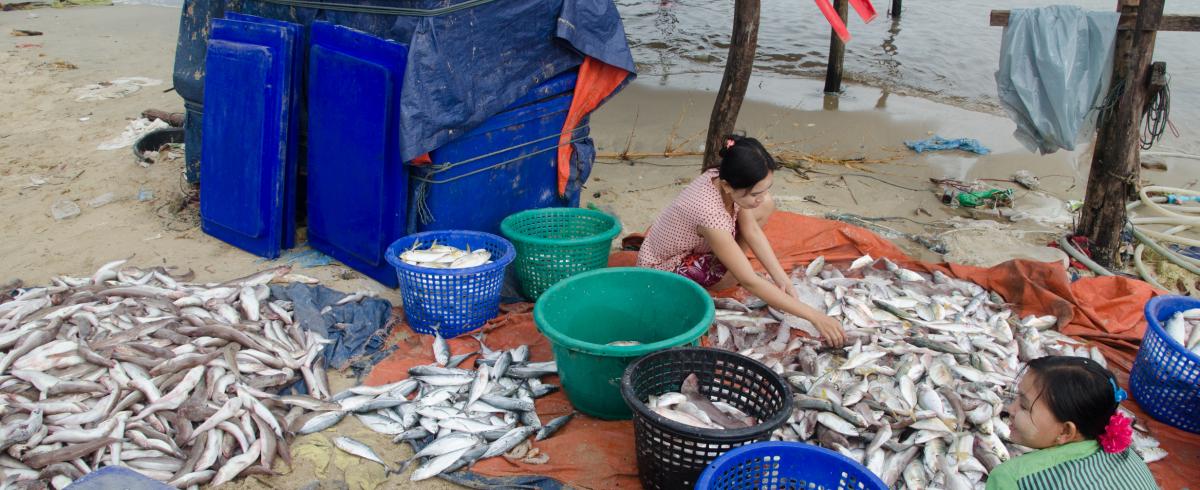Ghost Gear Factsheets
Otherwise known as ‘ghost gear’, ALDFG is the most harmful form of marine debris as it is designed to last a long time. In response to a need for information on this topic, GCFI has produced new fact sheets that seek to share pertinent information about ALDFG and to promote the adoption of best management practices for preventing and reducing the impact of ALDFG.

